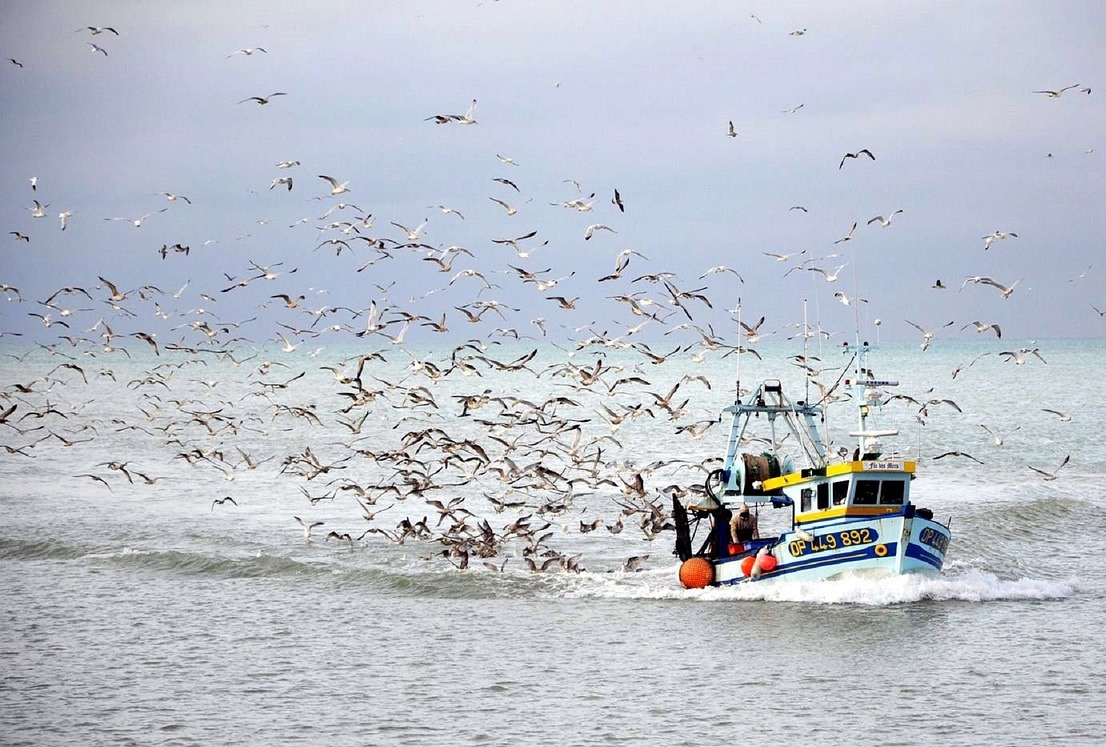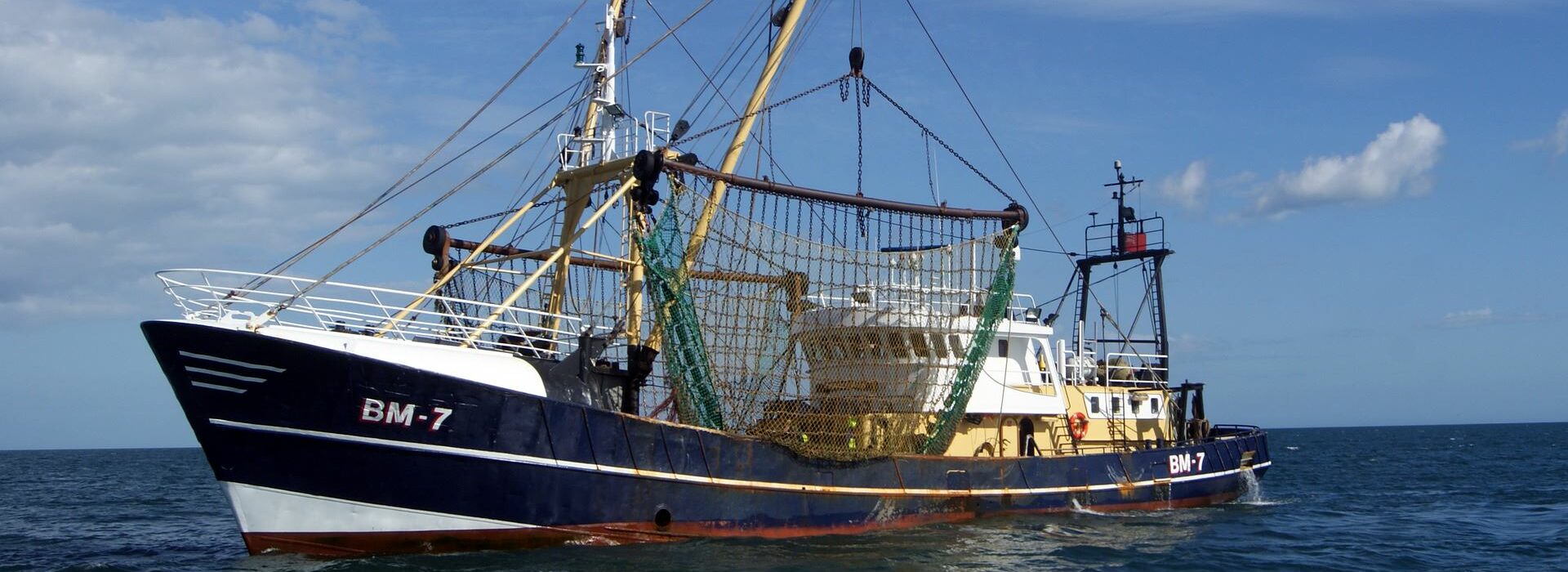On 18 September, 40 NGOs across Europe (including Seas At Risk and some of its members) sent a letter to Commissioners Karmenu Vella and Cecilia Malmström, calling on the European Commission to refrain from providing financial aid for the construction of new fishing vessels in nine European outermost regions belonging to France, Portugal and Spain.

The NGOs point out that the reintroduction of subsidies for new vessels perpetuates a situation where too many vessels chase too few fish. A 2008 assessment by the European Commission found the size and capacity of the European fleet to be two to three times above the sustainable level, since which time the EU fishing fleet has been reduced by less than 10% in power (KW) and 20% in gross tonnage (GT). The decline in fishing capacity is less than the rate of ‘technological creep’ (i.e. the estimated increase in vessels’ capability to catch fish due to technological improvements such as more efficient fishing gear, fish finding equipment, improvements in storage capacity, etc.). The capacity of the European fleet drives overfishing, making it economically unviable.
NGOs agree that poor fishing communities in the outermost regions should be supported, but not at the cost of the environment or the health of the resources that underpin the industry. Public aid should instead focus on data collection, research, fisheries control and enforcement, or be directed towards helping fishing communities to increase the market value of their products.
Previous subsidies for new vessels or engines created the current over-capacity, and have been generally recognised as harmful, both worldwide and within the EU. On the global stage, Europe actively advocates for the prohibition of fisheries subsidies that contribute to over-capacity and overfishing. For instance, in ongoing World Trade Organisation (WTO) negotiations, the EU proposal asked WTO members to phase out subsidies that increase marine fishing capacity. In addition, as part of the 2030 Sustainable Development Goals, the EU and other world leaders have agreed to prohibit fisheries subsidies which contribute to over-capacity and overfishing. Reintroduction of subsidies for new vessels thus undermines the credibility of the EU and weakens its leadership role in global marine governance.
Over a decade ago, the EU ceased aid for the construction and purchase of new vessels, and maintained this ban during the 2014 Common Fisheries Policy reform. In 2017, however, the European Parliament, in a non-legislative resolution, agreed to allow EU and national governments to renew the outermost regions fleet, effectively calling on the Commission to reintroduce these types of subsidies. Although more than 100 NGOs wrote a letter to MEPs asking them to vote against an amendment allowing these subsidies, the European Parliament nevertheless supported the resolution. Now, one year later, the Commission is revising the State Aid Guidelines, which would allow Member States to subsidise the construction of new vessels in the outermost regions. These Guidelines are not subject to the EU co-decision procedure by which the European Parliament and Council jointly adopt legislation, leaving the decision to reintroduce these subsidies entirely in the hands of the Commission.
The reintroduction of subsidies for the construction of new vessels in the outermost regions may create an unequal playing field for the European fleet. This, in turn, may provoke attempts to introduce similar subsidies in other geographical areas.
Posted on: 27 September 2018



